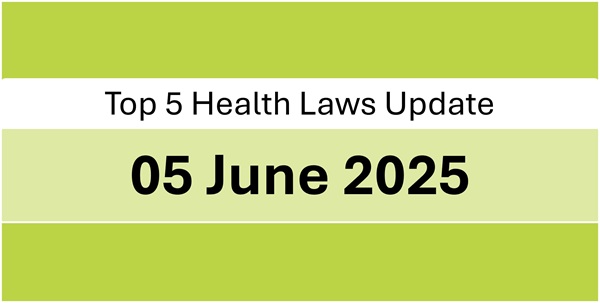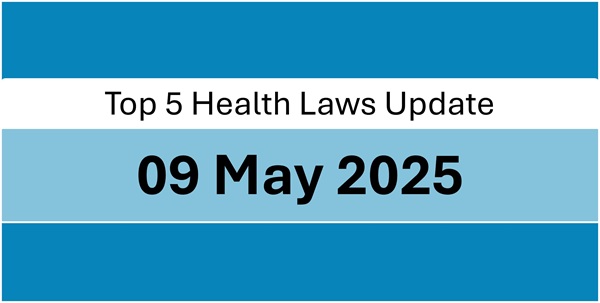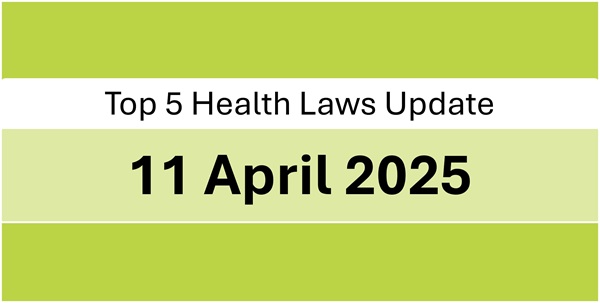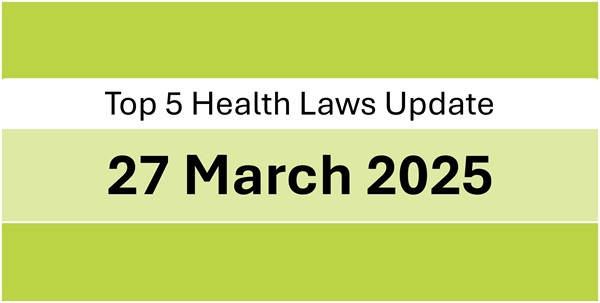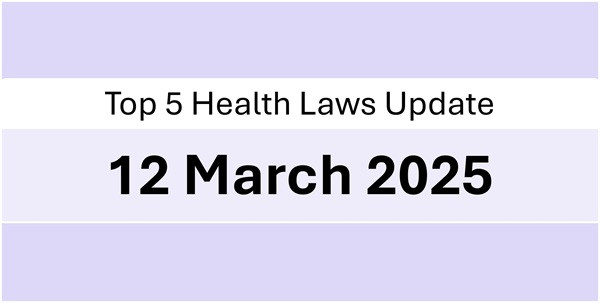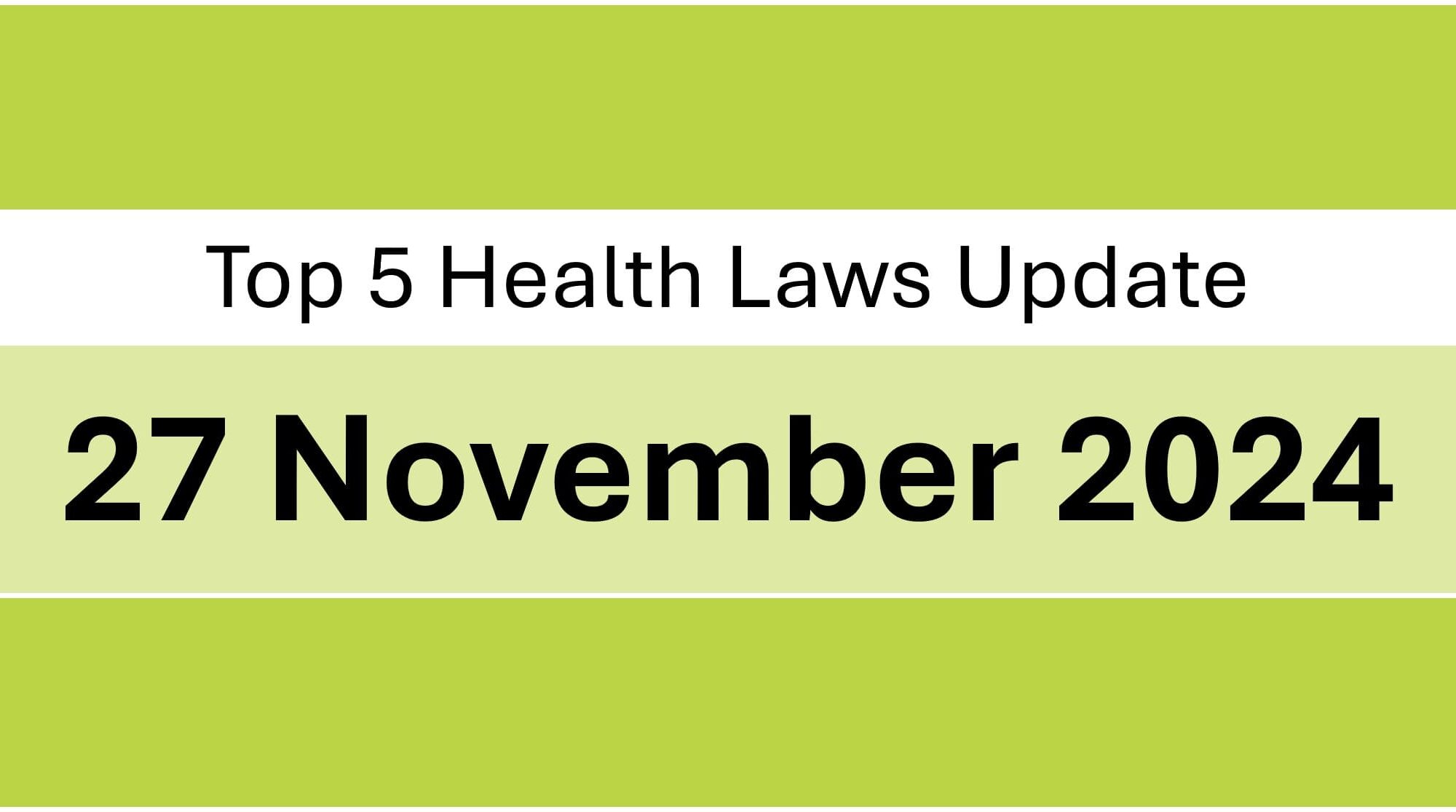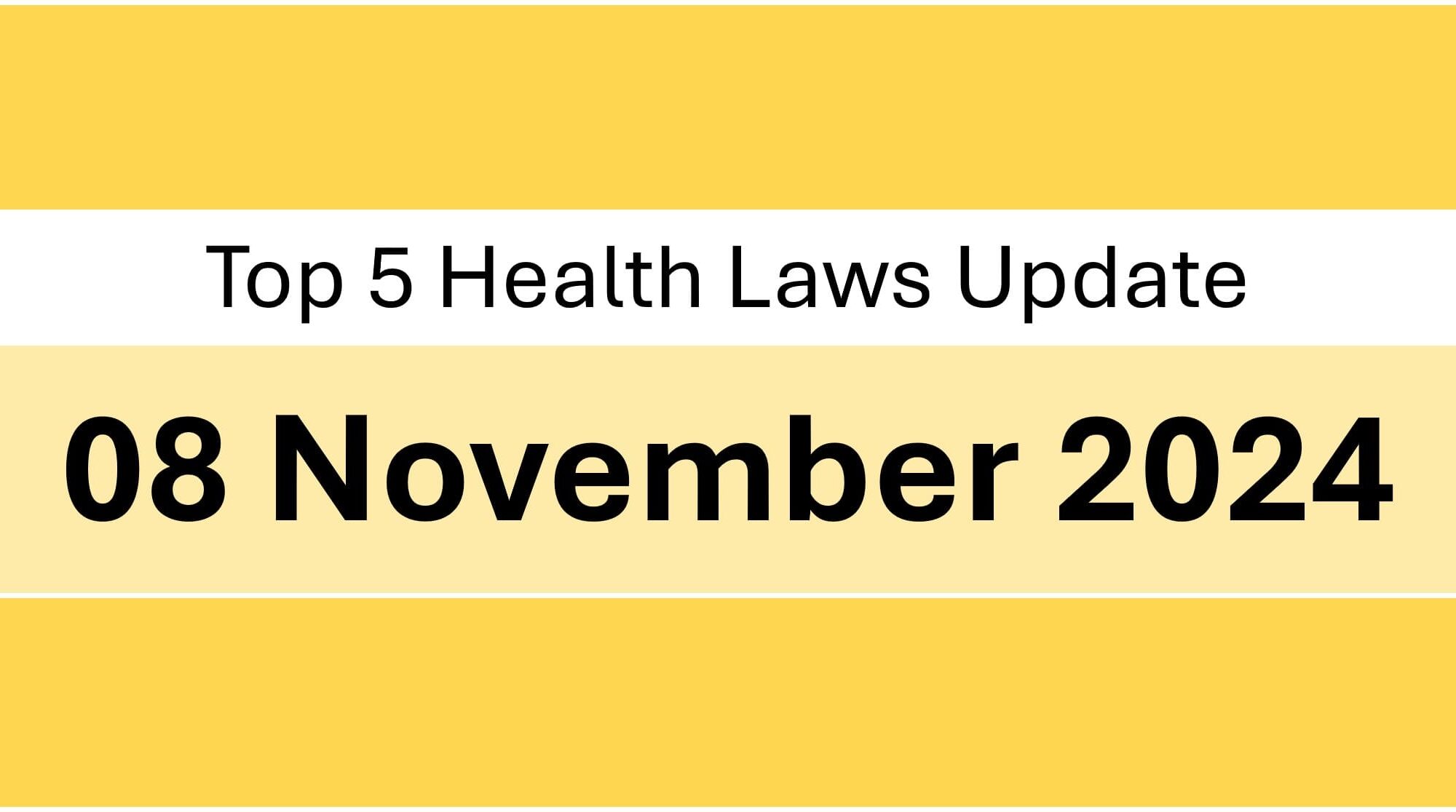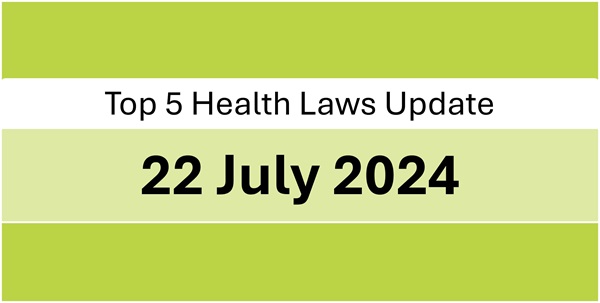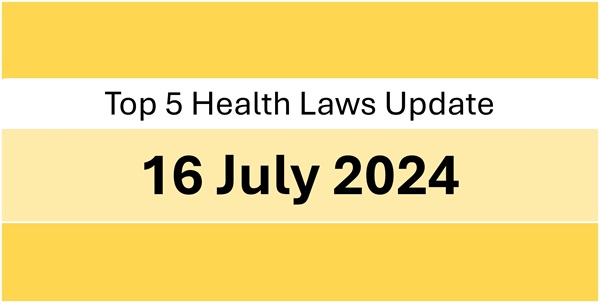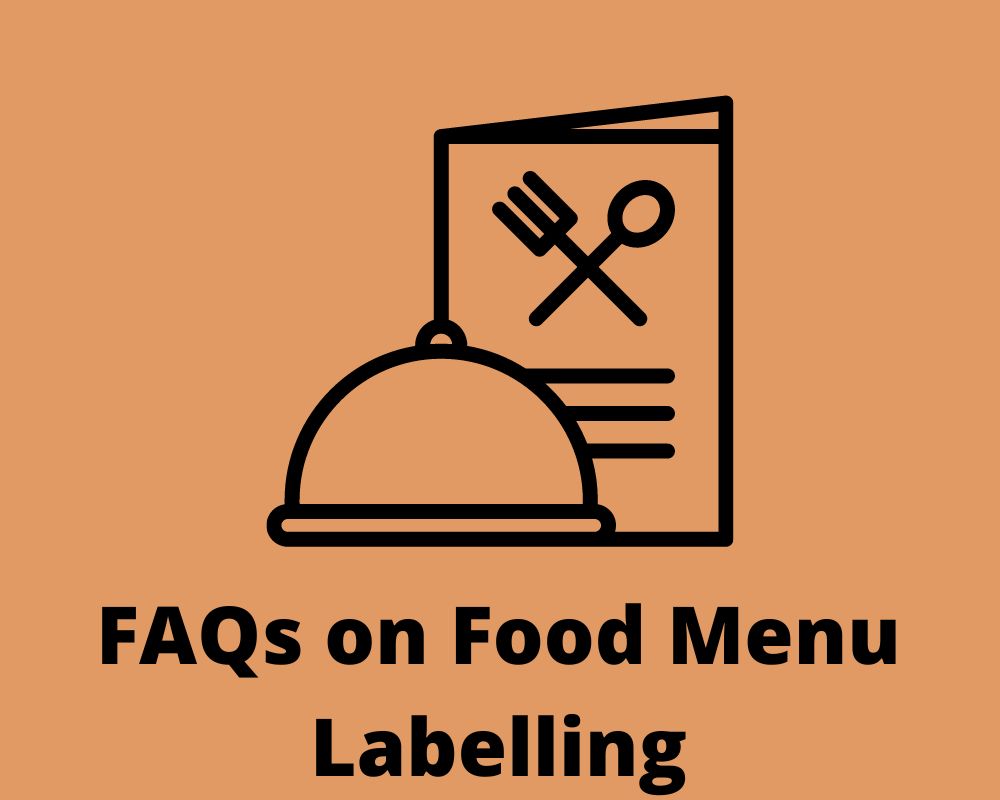The packaging and labelling of food items served in a food service establishment in India is regulated by The Food Safety and Standards (Packaging and Labelling) Regulations, 2011 (“Regulations”). The Regulations were amended in August 2020 to introduce the concept of menu labelling for the first time in India. Menu labelling means the process of declaring the nutritional information, calorific value per serving, information about allergens, and the logo exhibition for vegetarian or non-vegetarian, as applicable, on the menu cards/boards/booklets of restaurants and hotels. The menu labelling directives have been in force since January 01, 2022. However, the food regulator had relaxed its stringent implementation till June 30, 2022 in order to grant some additional time to the food business operators to adopt to the menu labelling mandates. In order to ensure compliance to the Regulations, the food regulator will commence verification of the declarations by sampling food items listed on the menu cards/boards/booklets of the food business operators from July 01, 2022 onwards. Since, the date is approaching, we have put together a list of frequently asked questions (FAQs) with our responses in this article to facilitate the food business operators to adopt the practice of menu labelling in a self-compliant manner.
Please note that these FAQs are based on our understanding of the law, and under no circumstances should they be regarded as legal or professional advice or an endorsement of any industry practice.
Q. What is the new menu labelling requirement?
A. Owing to an amendment to The Food Safety and Standards (Packaging and Labelling) Regulations, 2011 in August 2020, a new sub-regulation (2.4.6.), i.e., ‘Display of information in food service establishments’ was inserted to the existing regulation 2.4 enlisting specific requirements/restrictions on the manner of labelling. This sub-regulation mandates declaration of calorie information of food items amongst other specific labelling proclamations. This sub-regulation has introduced India to the concept of menu labelling in line with the emerging global trend towards reshaping the conventional food systems.
Q. Who does the menu labelling requirement apply to?
A. The menu labelling requirement is applicable to food service establishments either having central license or outlets at 10 or more locations. However, food service premises operating for a period of less than sixty days in a calendar year (consecutively or non-consecutively) are exempt from the menu labelling mandate irrespective of whether they possess a central license or have outlets at 10 or more locations.
Q. Which restaurants are covered by the menu labelling requirement?
A. Restaurants having a turnover of more than Rs. 20 Crores per annum or outlets at 10 or more locations have to ensure compliance with the menu labelling requirement.
Q. Do caterers also have to comply with the menu labelling requirement?
A. Yes. Caterers having a turnover of more than Rs. 20 Crores per annum or outlets at 10 or more locations have to comply with the menu labelling requirement. However, event caterers operating for a period of less than sixty days in a calendar year (consecutively or non-consecutively) are exempt from the labelling requirement.
Q. Do departmental canteens at the premises of central government institutions also have to declare information on their menu?
A. Yes. Departmental canteens at the premises of central government institutions having a turnover of more than Rs. 12 Lacs per annum are mandated to comply with the menu labelling requirement.
Q. Do food service establishments involved in preparation and serving of food at airports/seaports also have to comply with the menu labelling requirement?
A. Yes. Food service establishments involved in preparation and serving of food at airports/seaports have to comply with the menu labelling requirement.
Q. Do Restaurants/Caterers/Canteens at the premises of Railway Stations also have to comply with the menu labelling requirement?
A. Yes. Restaurants/Caterers/Canteens at the premises of Railway Stations serving food items through a menu card/board/booklet and having a turnover of more than Rs. 12 Lacs per annum have to comply with the menu labelling requirement.
Q. Are the food delivery platforms also required to comply with the menu labelling requirement?
A. Yes. The menu labelling requirement is applicable to all e-commerce food business operators to the extent it is applicable to physical food establishments, i.e., e-commerce food business operators have to display the mandated declarations on their website/platform only for food items from those establishments which have a central license or outlets at 10 or more locations. The e-commerce food business operator can either get this information directly from the respective food business operators and update it on their online platforms or implement a feature on their web and/mobile applications that allows such restaurant chains to upload and exhibit the same information for every food that is offered for sale by the restaurant on the platform of the e-commerce food business operator.
Q. Is the menu labelling requirement also applicable to food items not listed on the menu of the food service establishment?
A. No. The menu labelling mandate is not applicable to special-order items or modified meals not listed on the menu of the food service establishments. The menu labelling mandate is also not applicable to self-serve condiments that are free of charge and not listed on the menu. In addition, the menu items prepared as per the request of the customer will also not attract a menu label irrespective of the mode and manner of sale.
Q. What declarations have to be mentioned against the food items on the menu card as per the menu labelling requirement?
A. The following information has to be declared against the food items displayed on the menu cards/boards/booklets of the food service establishments in a manner compliant to the provisions of the Regulations:
- Calorific value (in kcal per serving and serving size) including the reference information on calorie requirements to be specified verbatim as “an average active adult requires 2,000 kcal energy per day, however, calorie needs may vary”
- Information relating to allergens
- Logo for vegetarian or non-vegetarian
- Nutritional information
- Information relating to organic food or ingredients, if claimed
- Specific labelling requirements mandated under the Regulations relating to food products containing added monosodium glutamate, artificial sweeteners, caffeine, polyols, polydextrose, and plant stanol esters
Q. How can a food business operator determine the nutritive value of the food items displayed on their menu?
A. The calorie and nutrition information for food items can be determined by the food service establishments either by a laboratory testing and a nutrient analysis method or by manual calculation using the nutritive/calorific values of each of the ingredients provided by a credible scientifically-backed source. In the latter case, the food business operator will be required to retain physical or soft copy documentation/records of all such sources relied by him for determining the nutritive value of food items for the purposes of verification by the food safety officers, as and when required. On the other hand, the laboratory testing and nutrient analysis method is usually adopted by restaurant chains preparing standardized food items with standardized ingredients and recipes across their outlets.
Q. What if the nutritive value determined by a food business operator is not entirely accurate?
A. A deviation of up to twenty-five per cent is allowed by the regulator.
Q. What is the objective behind mandating the menu labelling requirement?
A. The objective behind introduction of the menu labelling mandate is to enable the consumers to make informed choices about their food purchases and promote public health.
Q. Is there any penalty for non-compliance with the menu labelling requirement?
A. Yes. Any non-compliance with the menu labelling requirement may initially attract an improvement notice from the designated officer under Section 32 of The Food Safety and Standards Act, 2006 directing compliance. If the food business operator fails to comply with an improvement notice, his licence may be suspended and even cancelled if the non-compliance with the improvement notice continues.

